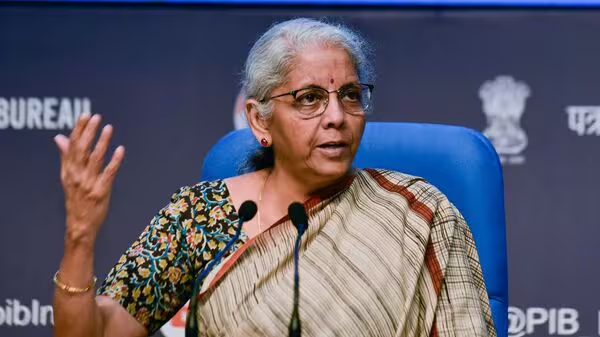
The Government of India has announced significant reductions in Goods and Services Tax (GST) across multiple categories, a move aimed at easing costs for households, farmers, and industries. The revised rates will come into effect from September 22.
Addressing the media after the 56th meeting of the GST Council, Finance Minister Nirmala Sitharaman said that items commonly used by the middle class and households will now attract a much lower tax rate of 5 percent, compared to 12 or 18 percent earlier. Products in this category include hair oil, soaps, shampoos, toothbrushes, toothpaste, bicycles, tableware, kitchenware, and other essential household articles.
In the food segment, ultra-high temperature (UHT) milk, paneer, and chena have been moved to the zero-tax bracket, while all Indian breads will now be GST-free. Popular food items such as namkeen, bhujia, sauces, instant noodles, pasta, chocolates, coffee, butter, ghee, preserved meat, and cornflakes will be taxed at only 5 percent, down from 12–18 percent.
Key highlights of GST revisions:
Automotive Sector
- Small cars and motorcycles up to 350 cc: GST reduced from 28% to 18%
- Three-wheelers, buses, trucks, ambulances: 28% to 18%
- All auto parts: Uniform 18% rate
Healthcare
- 33 life-saving drugs: GST reduced from 12% to 0%
- Three critical cancer and rare-disease drugs: 5% to 0%
- Other medicines: 12% to 5%
Insurance
- All individual life insurance and health insurance policies, including family and senior citizen plans: GST exempted
- Reinsurance also exempted
For consumer durables, GST on appliances such as air-conditioners, dishwashers, and televisions (including above 32 inches) has been brought down from 28% to 18%. The agriculture sector will also gain relief, with GST on all farm equipment cut from 12% to 5%.
The Finance Minister underlined that the reforms are in line with Prime Minister Narendra Modi’s vision for rationalising tax structures and making the GST system more predictable. She added that the Council has also resolved issues related to inverted duty structures and classification disputes.
The 56th GST Council meeting was held in New Delhi with participation from Union and State finance ministers, Chief Ministers of Delhi, Goa, Haryana, Jammu & Kashmir, Meghalaya, and Odisha, along with Deputy Chief Ministers and other senior representatives from states and Union Territories.
